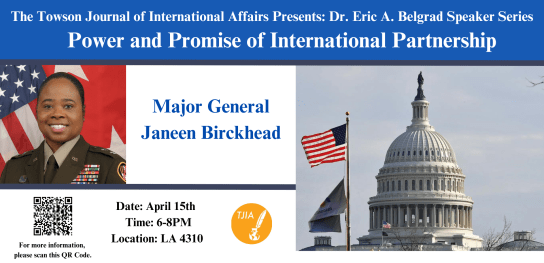Virginia A. Gardner
Abstract: This article considers the impacts of the Yalta Conference on the interests of the Western Powers during the Second World War by focusing on the primary issues raised at the meeting. Many have argued that the Western powers in Yalta – Great Britain and the United States – jeopardized the grand interests of the West by having kneeled to the Soviet Union. However, the central topics that were addressed during the Yalta Conference demonstrate the strategic nature of the decisions reached at the summit. Additionally, this piece utilizes agreements made prior to the Yalta Conference in order to elucidate Western strategic planning, as well as debunk the aforementioned accusations of giving in to Soviet demands. Emphasis is placed on the prime interests of each participating actor, as the conflicting nature of each country was not only highly visible, but of great importance to the future preservation of peace in post-WWII Europe and for popular democracy. By focusing on the primary issues raised during the Yalta Conference, we conclude with the realization that not all negotiations end in the complete execution of all demands, but that necessary – although seemingly controversial – measures must be achieved in order to attain a greater status of peace and security.
Keywords: Yalta Conference, United States, Great Britain, Realpolitik, Appeasement, Soviet Union
Click here for full article


